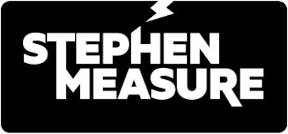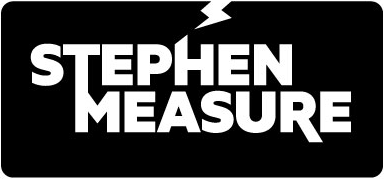Some Connected Thoughts about Religion
September 18, 2015
Everyone has a religion. We might not all go to church, but everyone has a religion. And all of us (even those who pretend to have no religion) believe that our religion is the right one.
* * *
Religion is a set of beliefs about morality and the meaning of life. Sometimes these religious beliefs are formalized through a church, but more often today they are not. And in our day, informal religions—fluid and crowd-following—are imposing their religious beliefs onto formal religions more and more.
The State cannot force an equilibrium between religions. Anything it does only tips the scale from one side to the other. When it bans prayer, it promotes those religions that disbelieve in prayer. When it forcibly legalizes same-sex marriage, it favors those religions that believe same-sex sexuality is moral over those that do not. Any action the State takes to weaken one religion will always strengthen another. The State should therefore do as little as possible. It should allow the people to believe their own beliefs and live their own lives. It should allow religions—whether formal or informal—to rise or fall on their own merits.
* * *
In my experience, the people most likely to force their religious beliefs onto me are those who pretend to have no religion. They justify doing this by claiming that their beliefs are not religious and therefore are superior to mine.
* * *
Why do we give preference to informal religions over formal religions? Formal religions have a dependable system of moral beliefs, one generation following after another. Informal religions, on the other hand, do not. They follow the prevailing trends of the day and are inherently undependable. Why would we give preference to the undependable over the dependable?
Or is that the point? Perhaps informal religions are preferred because formal religions stubbornly cling to their beliefs despite fashionable culture whereas informal religions bend this way and that, making them more susceptible to manipulation and control. After all, if crowd-following is at your core, then change is only one well-orchestrated media campaign away.


